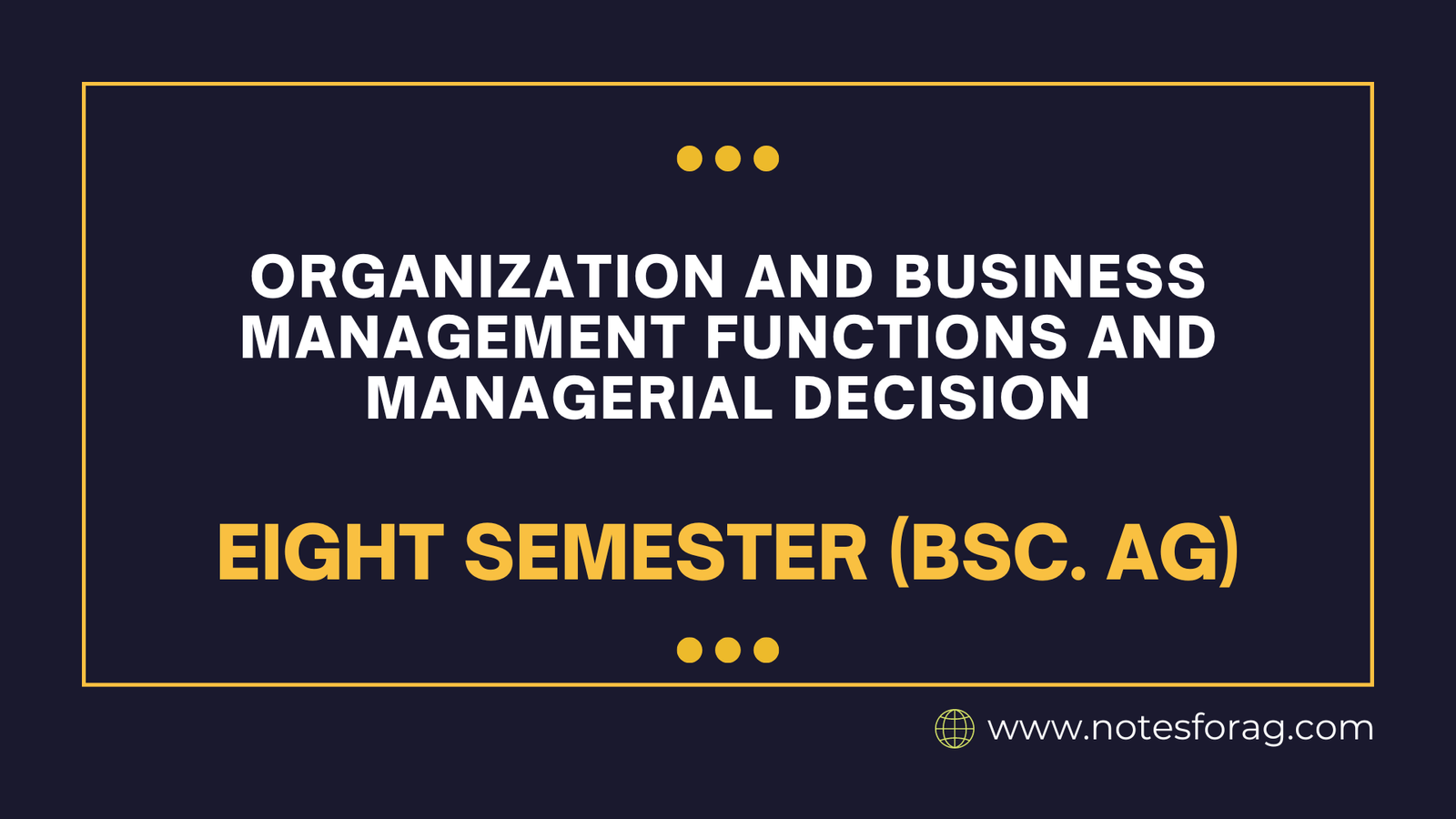Business management functions are essential elements that ensure the smooth and efficient operation of an organization. These functions include planning, organising, leading, and controlling, which assist managers in carrying out strategies and meeting company objectives. In any organisation, the successful execution of these business management functions is critical to success. They influence managerial decisions, streamline processes, and establish a framework that matches resources with the company’s goals.
Table of Contents
Key Business Management Functions
- Planning: Planning is the foundational element of business management functions. It include establishing objectives, determining the best strategies for achieving them, and projecting future trends that may affect the organisation. A management must predict market trends, resource availability, and potential dangers. Effective planning assists managers in spotting opportunities and difficulties, allowing them to allocate resources more efficiently. Business management functions in planning guarantee that the organisation is heading in the proper direction, with a defined purpose and strategy.
- Organizing: Organizing is another critical business management function. Once a plan is developed, organizing involves arranging resources—such as personnel, technology, and finances—in a manner that maximizes efficiency. This business management function includes establishing a framework within which work is performed. It includes departmentalisation, position definition, task assignment, and delegation of power. For example, in large organisations, the organising function may include the formation of specialised departments, whereas in smaller enterprises, it may imply multitasking and flexible responsibilities. The organising part of business management functions maintains the organization’s structure and clarity, which improves workflow and coordination.
- Leading: Leading or directing is one of the core business management functions that deal with influencing and guiding employees to achieve organizational goals. Managers lead their teams by inspiring, motivating, and communicating with them. Effective leadership in business management functions entails understanding employee requirements, addressing their issues, and connecting their personal goals with those of the organisation. Leaders can increase productivity by cultivating a favourable work atmosphere and encouraging collaboration. Furthermore, leadership ensures that the organisational culture is consistent with company objectives, making people feel valued and driven to perform at their best.
- Controlling: Controlling is a key business management function that involves monitoring and evaluating the progress of the organization toward its goals. This function guarantees that everything is proceeding as planned by comparing actual performance to the set objectives. Managers can use controlling to spot deviations, analyse risks, and conduct corrective actions as needed. This business management function focuses on performance criteria to ensure that activities produce the required results. Effective control systems, such as performance reviews, financial audits, and quality control processes, assist keep the organisation on track and ensure that objectives are met efficiently.
Managerial Decision-Making and Business Management Functions
Managerial decision-making is closely tied to business management functions, as these functions provide the framework within which decisions are made. Each decision made by a manager should align with one or more of the core business management functions, ensuring that the organization operates cohesively.
- Decisions in Planning: When making decisions during the planning stage, managers must weigh several options and select the best course of action. Planning is a corporate management function that shapes strategic decisions such as market entry, resource allocation, and long-term expenditures. Managers must examine both short- and long-term effects, and make decisions based on careful data analysis and future trends.
- Decisions in Organizing: The organizing function involves decisions related to structure, roles, and responsibilities. Managers need to decide how to allocate resources, whether to centralize or decentralize operations, and how to best arrange teams to enhance efficiency. By making informed decisions within the organizing business management function, managers can ensure a well-defined structure that promotes accountability and coordination.
- Decisions in Leading: Leadership decisions frequently concentrate around encouraging staff, settling problems, and conveying organisational goals. Leading is a business management job that needs managers to make decisions that inspire and empower teams. Whether it is adopting a new leadership style or establishing motivating programmes, the decisions made by this function have a direct impact on employee satisfaction and performance.
- Decisions in Controlling: Controlling requires decisions related to performance evaluation and corrective actions. Managers must decide on the key performance indicators (KPIs) and control mechanisms that best reflect the organization’s progress. The business management function of controlling helps managers identify performance gaps and make decisions that improve efficiency, reduce costs, or enhance product quality.
Conclusion
Business management functions—planning, organizing, leading, and controlling—serve as the backbone of any organization’s management structure. These functions ensure that resources are used efficiently, employees are motivated, and goals are achieved. By executing these business management functions effectively, managers can make informed decisions that drive the organization toward success. Managerial decision-making is deeply interwoven with these functions, as each function provides a critical framework for making strategic choices. In today’s fast-paced business environment, mastering these business management functions is essential for organizational growth and sustainability.
Frequently Asked Questions (FAQs)
What are the main business management functions?
The primary business management functions are planning, organising, leading, and controlling. These roles provide structure, direction, and assessment to help an organisation run smoothly and successfully.
Why is planning considered the most crucial business management function?
Planning is crucial because it serves as the foundation for all other management responsibilities. It aids in the definition of goals, the development of strategies, and the anticipation of future issues, all of which contribute to the organization’s clear direction.
How do business management functions support managerial decision-making?
Business management functions establish a foundation for making informed decisions. They advise managers on resource allocation, team structure, leadership, and performance evaluation, ensuring that all actions are consistent with organisational goals.
Related Articles

